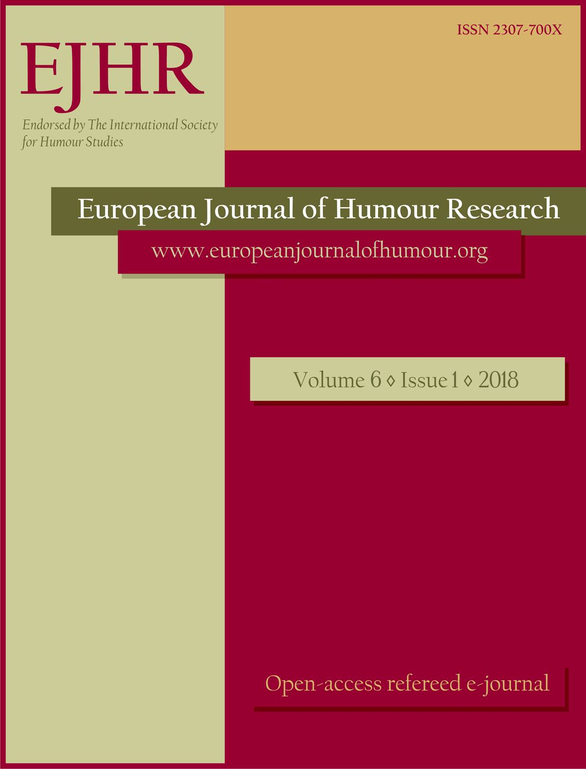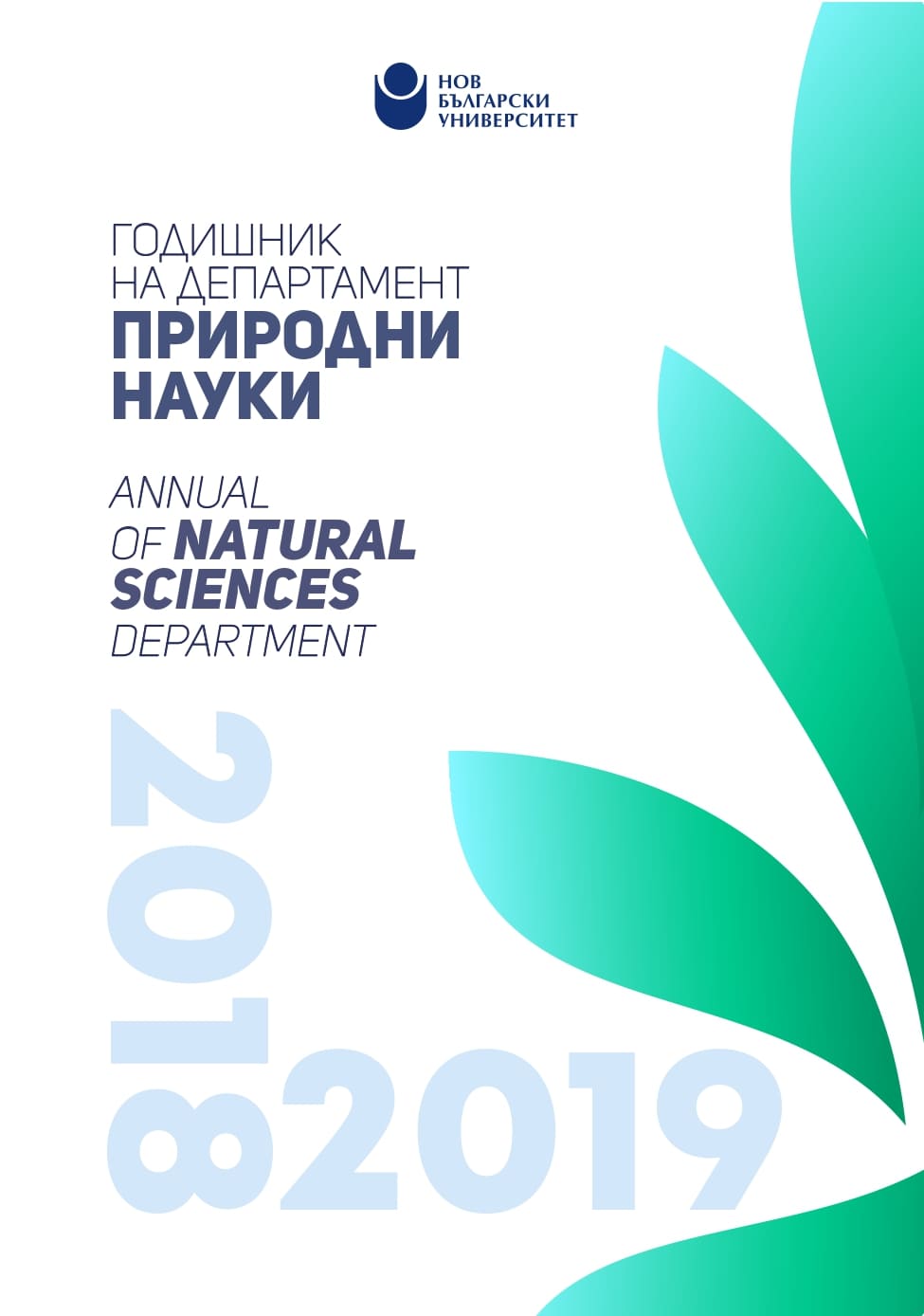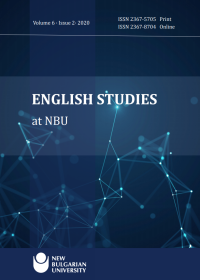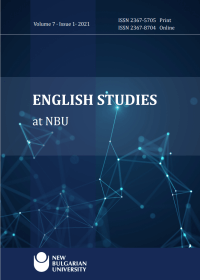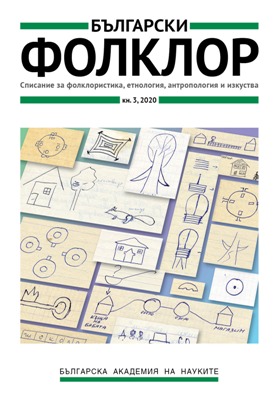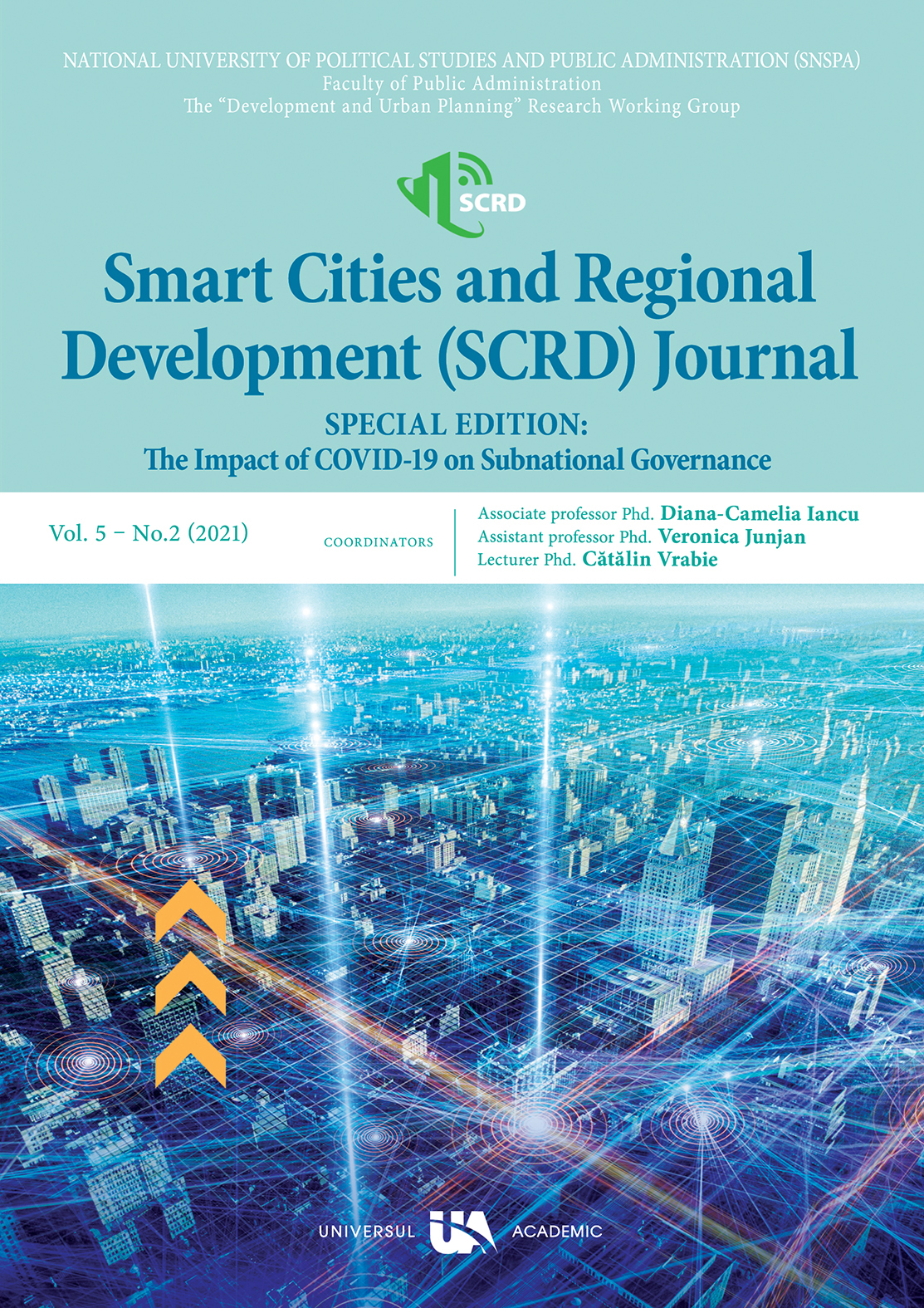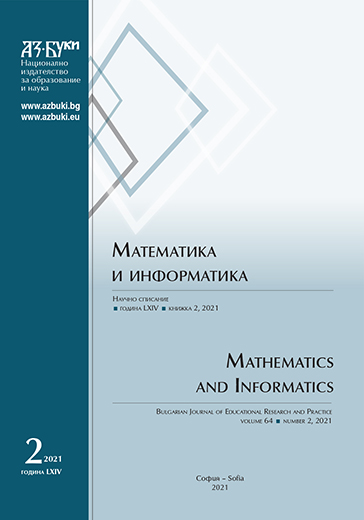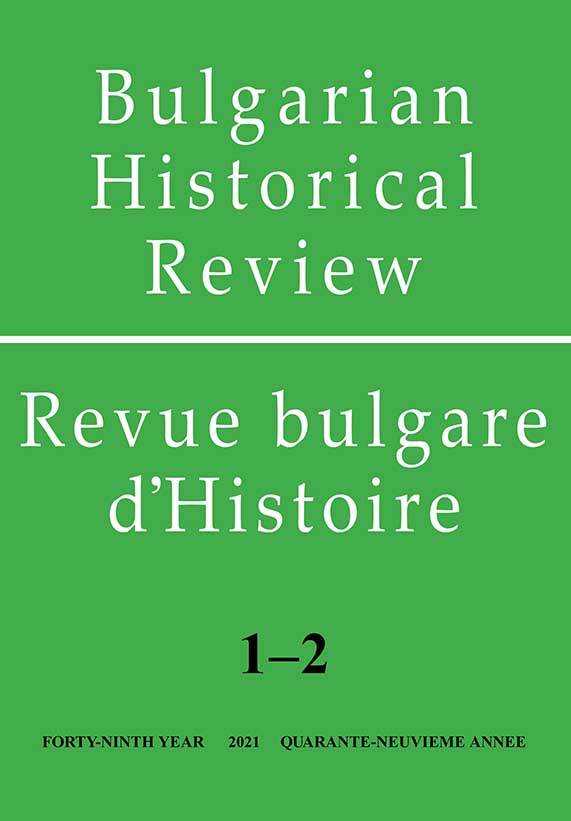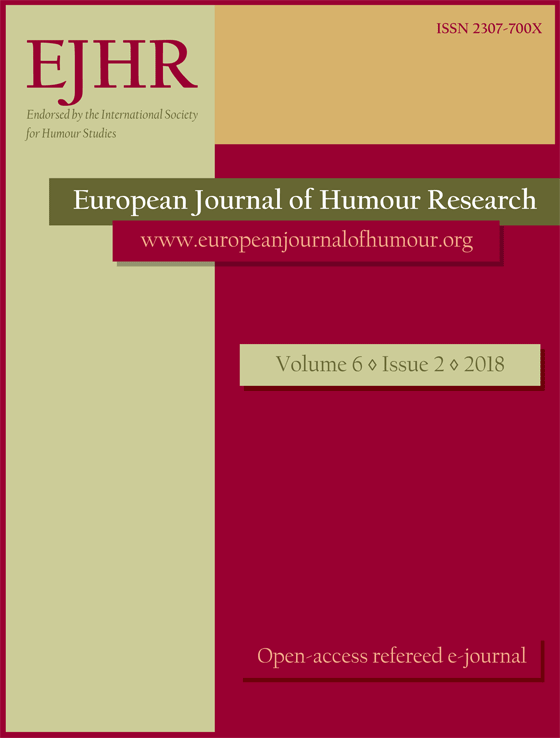
“Who sharpens the knives in my house?”
Belarusian jokes about adultery at the turn of the 21st century
This paper is a tribute to Belarusian folklorist and ethnographer Uladzimir Sysou (1951- 1997) whose extensive legacy includes collecting 139 jokes during his field research in southern Belarus in 1995. Due to his untimely death, these jokes and other folklore items remain unpublished and have, to my knowledge, not been noticed by folklorists. Half of the collected jokes focus on family relations, mostly the relationship between husband and wife. One of the most popular topics of these jokes is adultery. The joke texts show an ambiguous attitude of people towards it. While committing adultery is considered improper, not a lot of effort is made to conceal it. If (or rather, when) a case of adultery comes to light, it does not lead to any serious problems for either spouse in jokes. When studying these jokes, it is curious to place them in historical context and compare them to earlier, Soviet-era jokes about adultery. This study discusses why jokes about adultery in Sysou’s collection differed both quantitatively and qualitatively from adultery jokes found in Soviet collections. The study shows that the high prevalence of jokes on the subject in Sysou’s collection and the liberal attitude towards adultery manifested in them result largely from the decrease in selfand state censorship in Belarus in the early 1990s, set against a backdrop of value pluralisation triggered by the collapse of the USSR.
More...
